We use an RCT to analyze the impacts of microcredit. The study population consists of loan applicants who were marginally rejected by an MFI in Bosnia. A random subset of these were offered a loan. We provide evidence of higher self-employment, increases in inventory, a reduction in the incidence of wage work and an increase in the labor supply of 16-19 year olds in the household's business. We also present some evidence of increases in profits and a reduction in consumption and savings. There is no evidence that the program increased overall household income.
Authors

Research Fellow Yale University
Costas is a Research Fellow of the IFS and a Professor of Economics at Yale University and a Visiting Professor at University College London.

Heike Harmgart

Associate Director
Britta is an IFS Associate Director, Associate Staff at the Department of Economics at the UC and Researcher at NIHR Obesity Policy Research Unit.

Ralph De Haas
Report details
- Publisher
- NBER
Suggested citation
Augsburg, B et al. (2012). The Impacts of Microcredit: Evidence from Bosnia and Herzegovina. Cambridge, Massachusetts: NBER. Available at: https://ifs.org.uk/publications/impacts-microcredit-evidence-bosnia-and-herzegovina (accessed: 18 April 2024).
Related documents
More from IFS
Understand this issue

What's wrong with inflation?
10 May 2023
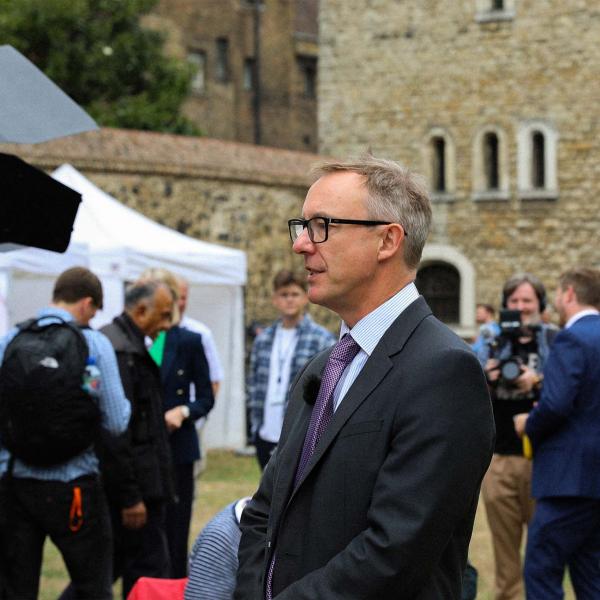
Transparency is key to maintaining trust in government. Let’s not cap it
12 September 2022

How should the government tax electric cars?
19 May 2022
Policy analysis
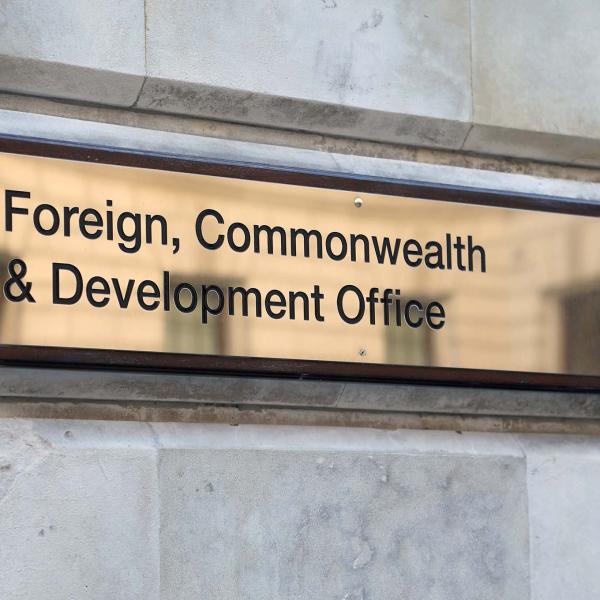
Three ways to improve the design of the UK’s overseas aid spending target
18 January 2024

Distributional analysis of Ghana’s tax system
18 December 2023
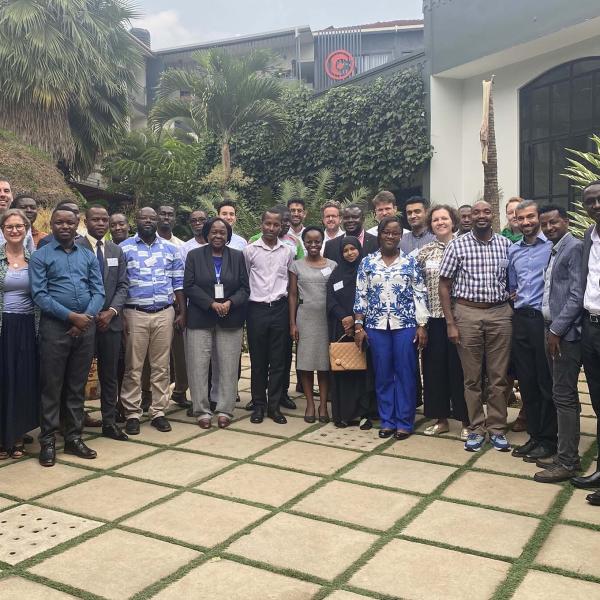
FCDO renews TaxDev funding for the next seven years
19 September 2023
Academic research
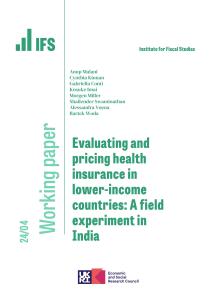
Evaluating pricing health insurance in lower-income countries: A field experiment in India
14 March 2024

Saving by buying ahead: stockpiling in response to lump-sum payments
2 February 2024
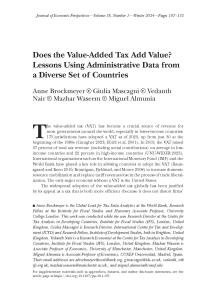
Does the value-added tax add value? Lessons using administrative data from a diverse set of countries
9 February 2024